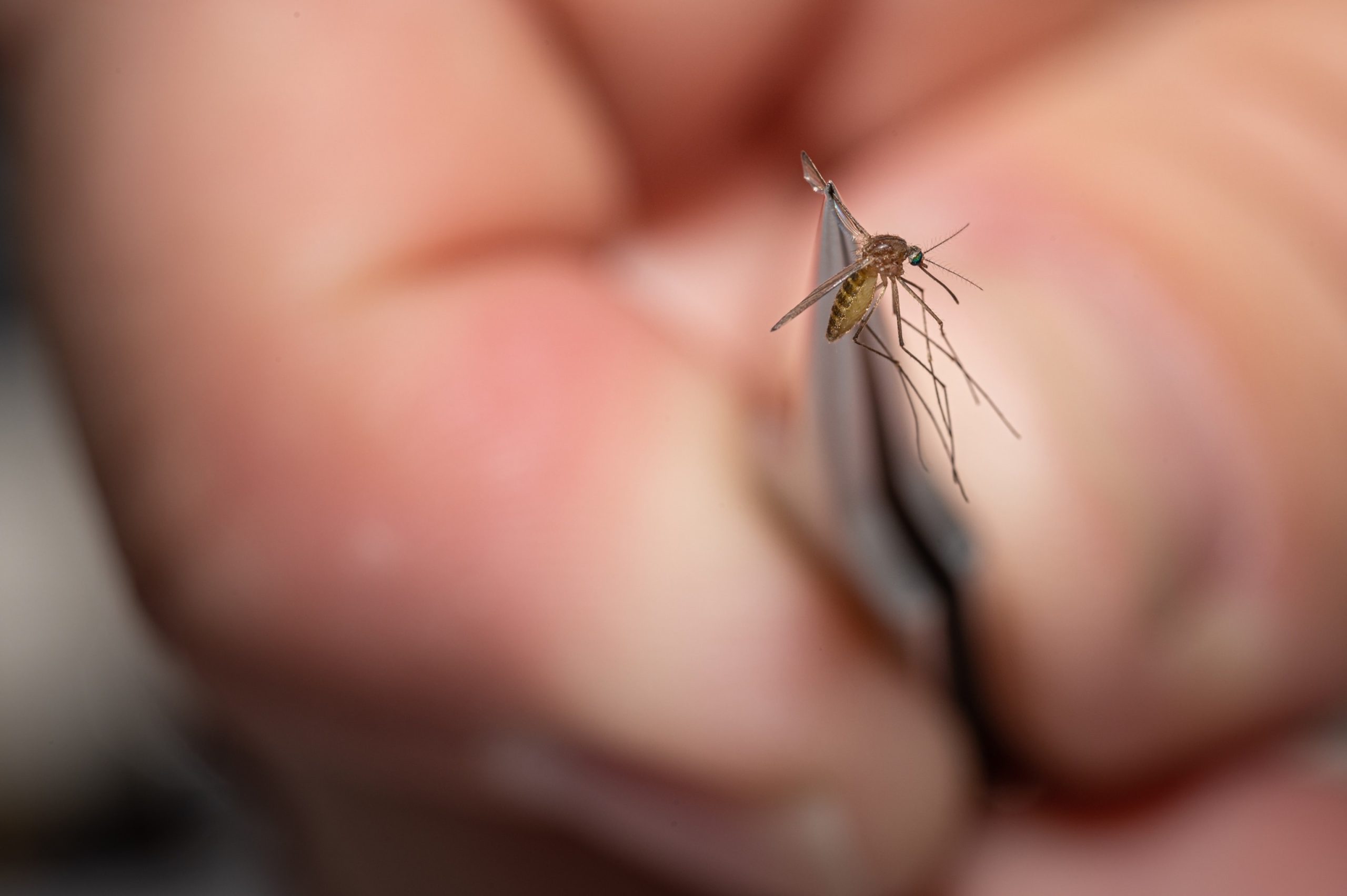Cases of whooping cough are on the rise across the United States, data from the Centers for Disease Control and Prevention shows.
There have been at least 4,864 whooping cough cases reported this year. This is nearly three times higher than the 1,746 cases reported at the same time last year.
The number of cases for 2024 is similar to those seen in 2018-2019, before the COVID-19 pandemic.
The national trends mirror those seen in many U.S. states. The Oregon Health Authority said Thursday that 178 cases have been reported as of May 29, a 770% increase from the 20 cases reported by at the same time in 2023, according to local ABC News affiliate KATU.
Additionally, local reports indicate that schools in Pittsburgh, Pennsylvania, and Minnetonka, Minnesota, are seeing outbreaks of whooping cough.

A pediatrician doctor examines a girl coughing in this undated stock photo.
STOCK PHOTO/Getty Images
Dr. Felicia Scaggs Huang, an assistant professor of pediatrics in the division of infectious diseases and medical director of infection prevention and control at Cincinnati Children’s Hospital Medical Center, said whooping cough cases are on the rise globally but that the number of cases in 2024 is similar to those before the COVID-19 pandemic.
“Although these numbers are up significantly from last year, these numbers are more similar to what we saw before the COVID-19 pandemic and, historically, we do see increases in cases on a cycle of every three to five years,” she told ABC News.
Whooping cough, or pertussis, is a very contagious respiratory illness caused by a type of bacteria called Bordetella pertussis.
These bacteria attach to the cilia — the tiny, hair-like structures found on the surface of cells – of the upper respiratory system and release toxins. The toxins damage the cilia and cause the upper airways to swell, according to the CDC.
Whooping cough is spread from person-to-person through coughing and sneezing. Infected people can be contagious for weeks without knowing they have whooping cough.
Early symptoms often resemble a common cold — runny nose, cough and low-grade fever — and typically last for one to two weeks. Symptoms, however, can progress to rapid, violent cough coughing fits that can last up to 12 weeks.
Infants under age one, pregnant women and immunocompromised people are at highest risk but, according to Dr. Syra Madad, an infectious disease epidemiologist and chief biopreparedness officer for New York City Health and Hospitals, “the truth is everybody is at risk.”
Popular Reads
Babies who contract whooping cough may have a cold-like illness, struggle to breathe or have apnea, which is life-threading pauses in breathing, the CDC said.
Scaggs Huang said some people can fracture their ribs because of coughing episodes or developing pneumonia.
“Elderly adults or infants less than 6 months may have more complications, like pneumonia and low oxygen levels that require hospitalization,” she said.
Whooping cough can be treated with antibiotics and receiving treatment early can reduce the severity of the infection. Most whooping cough symptoms can be managed at home, according to the CDC.
A vaccine for whooping cough was introduced in the late 1940s and the number of cases each year has since dropped dramatically, decreasing more than 90% compared to the pre-vaccine era.

Conceptual biomedical illustration of the bacteria Bordetella pertussis is seen in an undated stock photo.
STOCK PHOTO/Getty Images
Before the vaccine, there were an estimated 200,000 cases annually among children and up to 9,000 children died, according to the CDC.
There are two types of vaccines used today to protect against whooping cough: diphtheria, tetanus, and pertussis (DTaP) vaccine for babies and children younger age 7 and tetanus, diphtheria, and pertussis (Tdap) vaccines for children aged 7 and older, adults and pregnant women.
“People often think ‘Well once you get vaccinated you have lifelong immunity,’ and that’s actually not the case. You certainly need to get those booster doses,” Madad said.
Scraggs Huang said.people should apply lessons learned from COVID-19 to other infectious diseases.
“I think a lot of the lessons we’ve learned from the COVID-19 pandemic apply to a lot of other respiratory infections,” Scraggs Huang said. “If you see someone who is sick, ask them to keep your distance, especially if you have a young infant or an elderly or immunocompromised person in your home. If you’re sick, stay at home, and, if you’re ever traveling or you’re in an area where there are a lot of pertussis cases, it’s OK to wear a mask in public on an airplane or at the hospital.”
Michelle March, MD, MPH, MEd is a general pediatrics research fellow at Cincinnati Children’s Hospital Medical Center and a member of the ABC News Medical Unit.
ABC News’ Youri Benadjaoud contributed to this report.
The Centers for Disease Control and Prevention (CDC) has recently reported a significant increase in cases of whooping cough, also known as pertussis, compared to the previous year. This alarming trend has public health officials concerned about the potential for a widespread outbreak of this highly contagious respiratory disease.
Whooping cough is caused by the bacterium Bordetella pertussis and is characterized by severe coughing fits that can last for weeks or even months. The disease is particularly dangerous for infants, who are at risk of developing severe complications such as pneumonia, seizures, and even death. In fact, infants under the age of one are the most vulnerable to whooping cough, as their immune systems are not yet fully developed.
The increase in whooping cough cases is particularly concerning because the disease is preventable through vaccination. The CDC recommends that children receive a series of vaccinations against whooping cough, starting at two months of age. Adults are also advised to receive a booster shot to protect themselves and prevent the spread of the disease to vulnerable populations.
There are several factors that may be contributing to the rise in whooping cough cases. One possible explanation is that immunity from the vaccine wanes over time, leaving individuals susceptible to infection. In addition, some parents are choosing not to vaccinate their children due to concerns about vaccine safety, leading to pockets of unvaccinated individuals who can serve as reservoirs for the disease.
To combat the increase in whooping cough cases, public health officials are urging healthcare providers to be vigilant in diagnosing and treating the disease. Early detection and treatment with antibiotics can help reduce the severity of symptoms and prevent the spread of the disease to others. In addition, efforts are being made to educate the public about the importance of vaccination in preventing whooping cough and other vaccine-preventable diseases.
In conclusion, the recent increase in whooping cough cases reported by the CDC is a cause for concern and highlights the importance of vaccination in preventing the spread of this potentially deadly disease. By staying informed and following recommended vaccination guidelines, individuals can help protect themselves and their communities from the threat of whooping cough.



